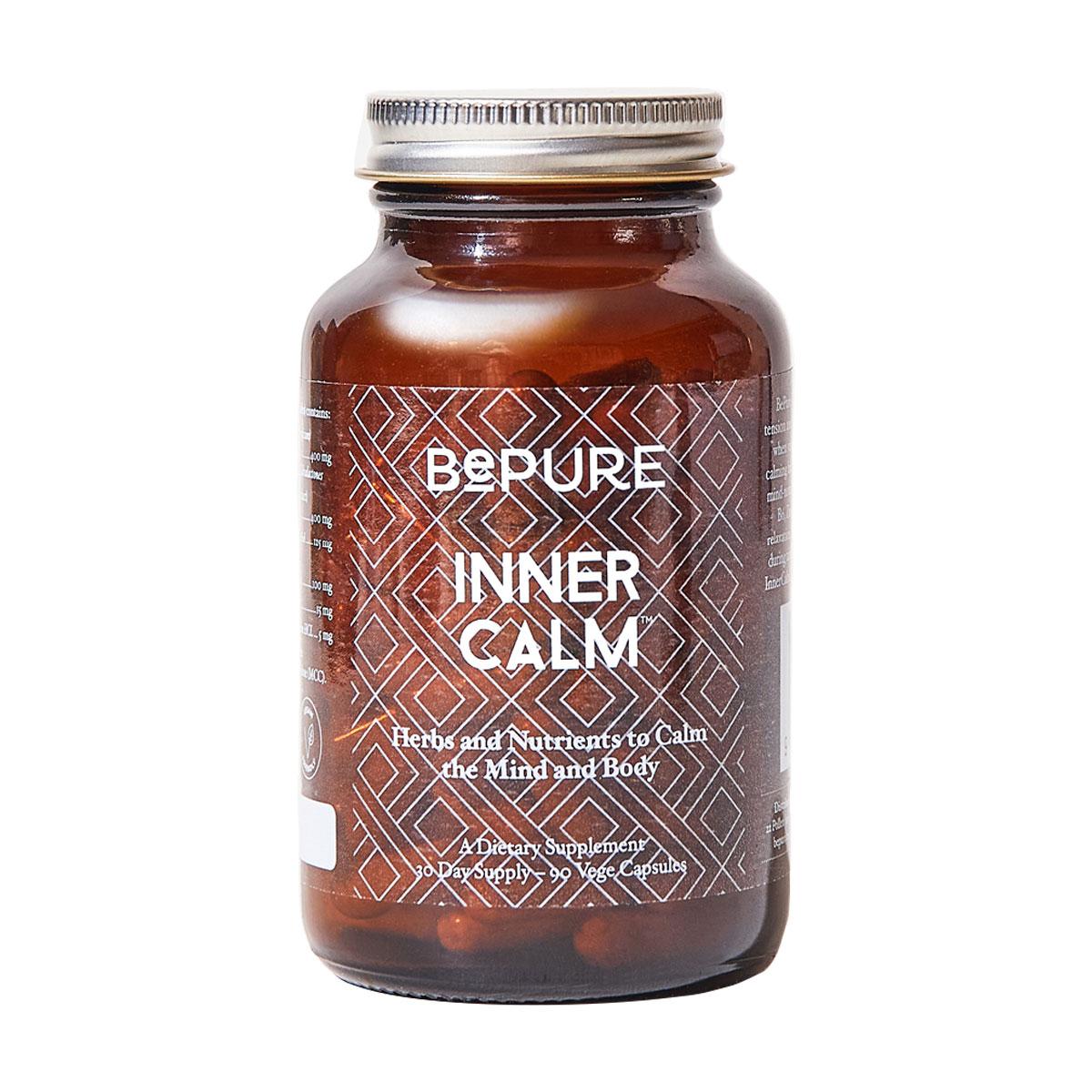
Stress, by definition, is the one physiological reaction our body makes in response to a demand for change. It is the response our body makes in the presence of a threat, challenge, or need for skill acquisition for the sake of safety or survival. While "stress" generally has a negative connotation, it's helpful to know that your stress response is vital for survival. Without our life-saving "fight or flight" response, we would struggle to grow, adapt, learn, and ward-off infection.
This universal response our body makes in response to the demand to change for survival can be triggered by different stressors. Physical, psychological, political, environmental and social stressors can all provoke a stress response in our bodies. Be it a spreadsheet, a deadline, waiting in traffic or a life-threatening event, your body responds and produces the same stress response regardless of the stressor it faces. This concept of stressors highlights how modern-day living can be stressful so it's no surprise that many of us feel overwhelmed, underslept, apathetic and utterly exhausted.
It's becoming common knowledge that modern life depletes our nutrient stores faster than the lifestyle of our ancestors. Our fast pace of living demands more of our bodies and can leave us feeling depleted and tired beyond belief. We also know that adequate nutrition is essential for optimal health and crucial to our ability to foster resilience in the modern world.
So, what can you do about it?
Let's start by talking about your key stress hormone, cortisol, and the many important roles it plays in your body, including:
- Regulating your sleep cycles
- Increasing blood sugar levels (when you're low)
- Managing how you use carbohydrates, fats, & proteins
- Supporting blood pressure & heart rate
In small doses, stress is good for the human system. You need stress to live- it's necessary for survival. Cortisol, your stress hormone, is healthy and protective in short bouts and provides you with the energy you need to "fight or flee" danger.
Like all good things in life, it is possible to have too much. Chronic stress and prolonged exposure to cortisol can be detrimental to our well-being. It can increase our blood sugars and inflammation levels, alter our heart rate and blood pressure, and hinder mental well-being. Prolonged stress is one of the biggest challenges of modern society and the elephant in the room that needs addressing when it comes to any healing journey - no matter how complicated.
Best stress-relieving foods
If you want to feel calmer and go through stressors with a little more ease, the best place to start is looking at how you’re nourishing yourself, and what you’re putting on your plate.
The best dietary approach for lowering stress and building resilience is whole foods - low in processed foods and a diet rich in highly-quality animal products (organic if possible), fresh fruits and vegetables, gluten-free whole grains, and healthy fats.This nutrient-dense and being mindful of inflammatory foods is foundational for our overall health and well-being, and particularly important for nervous system health and stress relief.
By eating this way, you enrich your body with the macronutrients, micronutrients, fibre and phytonutrients it needs to feel safe and function at its best. When you eat this way consistently, you lower the demand for your fight or flight response, helping maintain blood sugar levels, supporting the better absorption of nutrients and creating less inflammation in the tissues.
Already eating this way? Here are some foods that help to combat stress and nourish our nervous system.
Foods high in B vitamins
Animal protein sources are rich in B vitamins — particularly vitamins B12, B9, B6 and methionine, which can support with the metabolism of stress hormones.
- Beef
- Chicken
- Eggs
- Wholegrain cereals like quinoa and brown rice
Foods high in omega-3 fatty acid
The following foods are high in omega-3s, supporting the health of cells and immune responses. Oily fish top the list due to their higher omega-3 and lower omega-6 content per serve.
- Oily fish i.e. tuna, salmon, anchovies, herring and mackerel
- Avocados
- Chia seeds
- Flax seeds
Magnesium-rich foods
Magnesium is hugely beneficial when it comes to supporting sleep, the metabolism of stress hormones, and immune response. Magnesium supports the body to relax and in turn, is useful during times of stress when a good sleep is needed. Magnesium is important for 300 enzymatic reactions in the body and plays an important role in supporting the rhythm of our heart, blood pressure, bone health, and hormonal well-being (just to name a few things).
Did you ever wonder if there was a reason you are drawn to dark chocolate while you’re under pressure? Yes, you’ve got it, dark chocolate is rich in magnesium.
- Avocados
- Bananas
- Broccoli
- Dark chocolate
Protein-rich foods
Foods such as meat, fish, poultry, beans, and legumes support balanced blood sugar levels reducing the demand for our stress hormones to help us manage blood sugar crashes.
- Lean animal meats
- Fish & seafood
- Eggs
- Nuts & seeds
Gut-health promoting foods
70% to 80% of our immune system is reliant on good gut health. When we foster good gut health through our dietary choices, we optimise our immune system during times of seasonal threats. Bone broth, probiotic-rich and fermented foods are some of the top food for good gut health.
- Kefir
- Kimchi
- Kombucha
- Bone broth
What foods make stress worse?
Alcohol, caffeine, sugar, processed carbohydrates, sodas and inconsistent food intake can all raise our stress levels. These foods all put our body on a blood sugar rollercoaster sending our blood sugars soaring before they plummet not long after. When we hit a blood sugar low, stress hormones like cortisol, rescue us by picking our blood sugars until we can find our next meal. If you’re hoping to reduce stress, eat balanced meals every four hours. This means including carbohydrates, fats and proteins in the right balance for you at regular intervals.
Go beyond food to find your inner calm
A whole-body approach to lowering stress includes regular exercise, adequate sleep, and the adoption of mindfulness techniques like yoga, breathwork, and journaling. Pick something that resonates with you and do it regularly to really notice the benefits of lifestyle changes for nervous system balance.
| Shop BePure Inner Calm → |
From B vitamins, omega-3s and magnesium, to protein-rich foods and probiotics, welcome relaxation and stress-free moments with delicious options that make an easy addition to your day.
| Shop Stress Support → |


